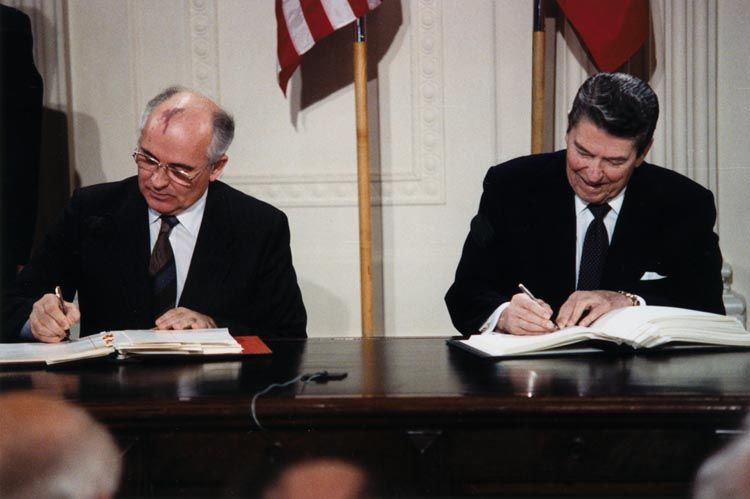Denmark and the rest of NATO have concluded that Russia is indeed in serious breach of the Intermediate-Range Nuclear Forces Treaty (INF Treaty) as the US contended recently.
NATO supports the notion that Russia is in breach of the arms agreement by its development of a new land-based 9M729 missile system – which has a range estimated to be upwards of 5,500 km.
“The INF Treaty has been of imperative importance to European security. It helped end a dangerous period and put a damper on the Cold War. But now, we are regrettably in a situation in which Russia is in breach of the treaty with a new missile system that has serious consequences for our security,” said the foreign minister, Anders Samuelsen.
“Despite having ample opportunity to do so, Russia has not provided acceptable responses to US and NATO concerns, and several years of diplomatic initiatives have been in vain.”
READ MORE: Denmark backs Ukraine in Crimea drama
Cold War damper
Samuelsen strongly urged Russia to live up to its treaty responsibilities as it is in everyone’s interest for the treaty to be adhered to.
The INF Treaty was inked back in 1987 by the US and the Soviet Union in a bid to ban their intermediate-range and shorter-range missiles (500-5,500 km range).
Just three years later, nearly 2,700 missiles had been scrapped and 10 years of on-site verification inspections followed.














